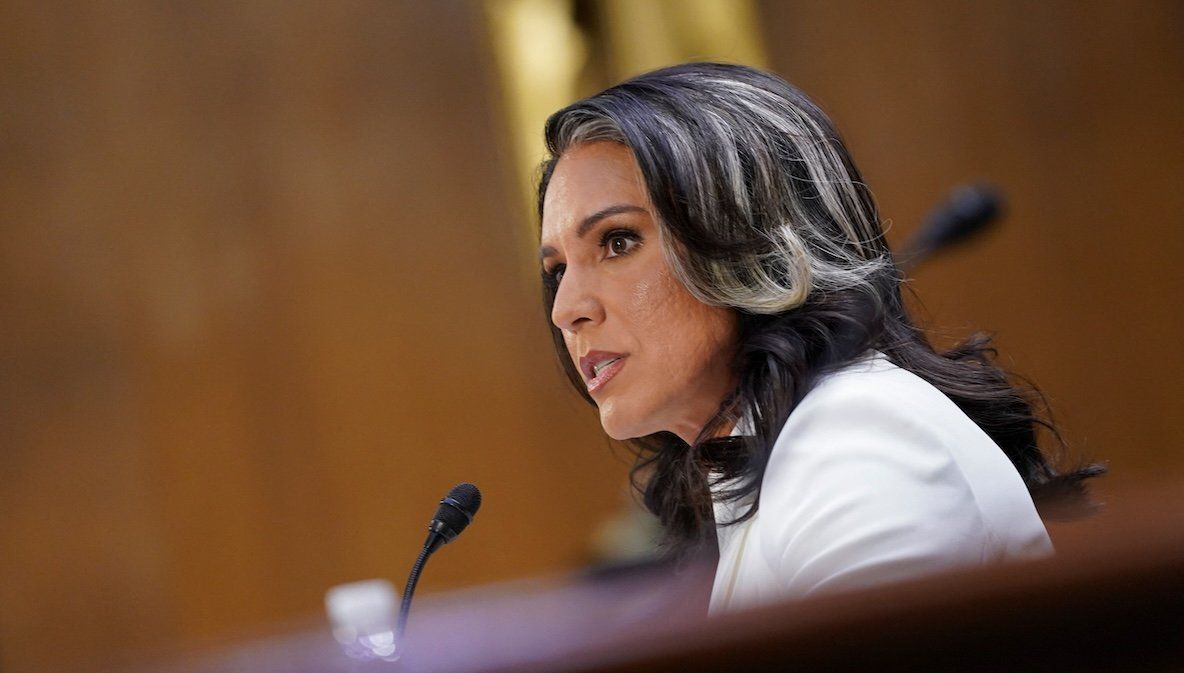It was a rough few days for Donald Trump’s pick for Health and Human Services Secretary, Robert F. Kennedy Jr. The day before the confirmation hearings got underway, his cousin, Caroline Kennedy called him a “predator” and said the Senate should reject his nomination.
RFK Jr. went on to struggle through his appearance in front of the Senate Finance Committee on Wednesday, botching answers to questions on Medicare and raising questions about his chances of being confirmed. In a second appearance on Thursday, this one in front of the Senate Health, Education, Labor and Pensions Committee, he had another rough go, clashing with Sen. Bernie Sanders over vaccine safety and effectiveness and stumbling over Medicare questions once again.
FBI head nominee Kash Patel had his own raucous hearing on Thursday, though he tried to smooth over some concerns about his fitness to lead by distancing himself from conspiracy theories he’d previously sympathized with, like QAnon. Sen. Sheldon Whitehouse tore into Patel, saying “There is an unfathomable difference between a seeming facade being constructed around this nominee here today and what he has actually done and said in real life when left to his own devices.”
Nonetheless, both Kennedy and Patel could squeak through the Senate. If they do, Republicans would still face their biggest confirmation challenge. Director of National Intelligence pick
Tulsi Gabbard was also put through the
wringer on Thursday in front of the Senate Intelligence Committee. She faces, perhaps, the longest odds of any Trump Cabinet pick, and the GOP will likely struggle to confirm her in the days to come.
